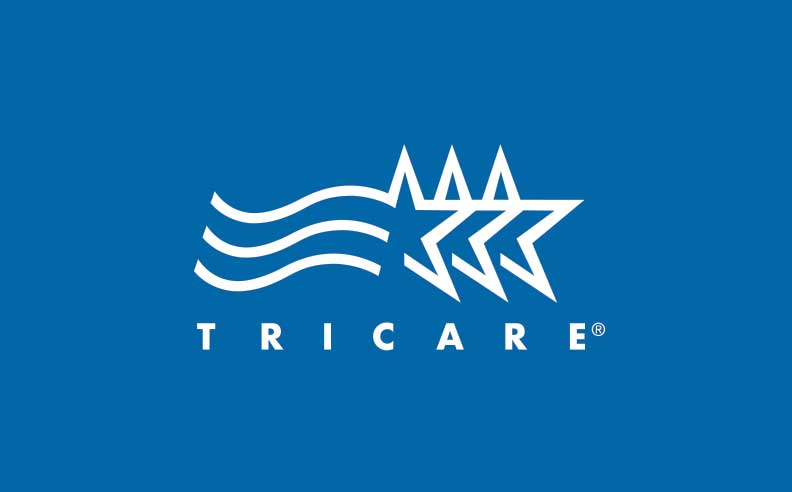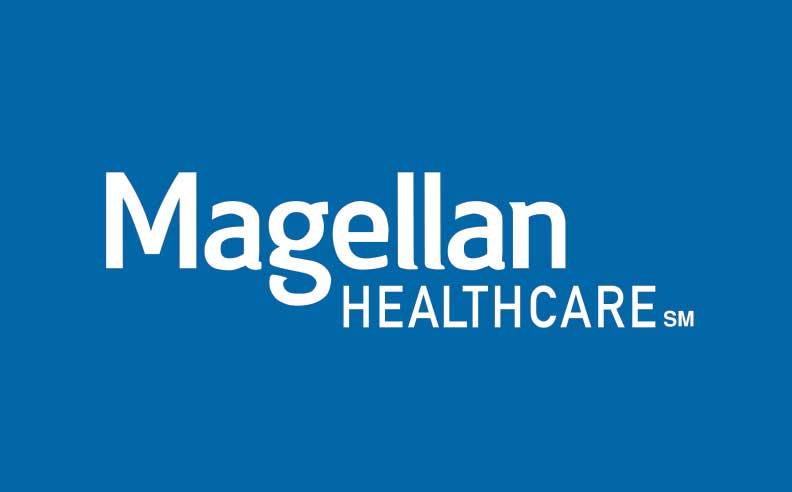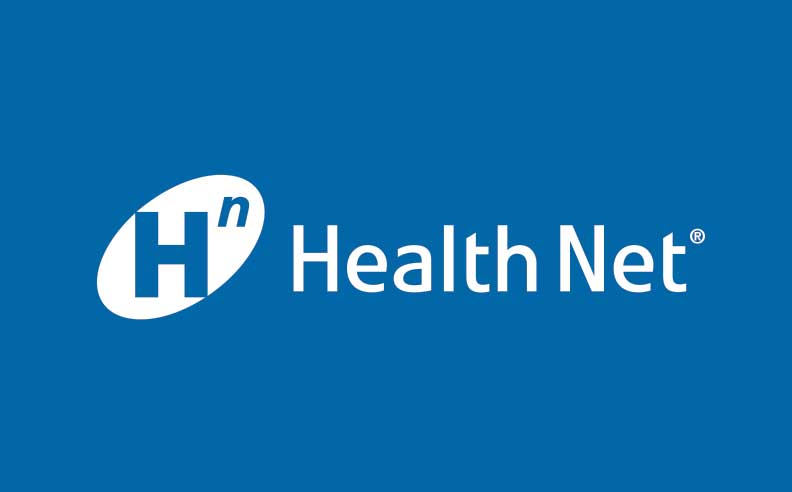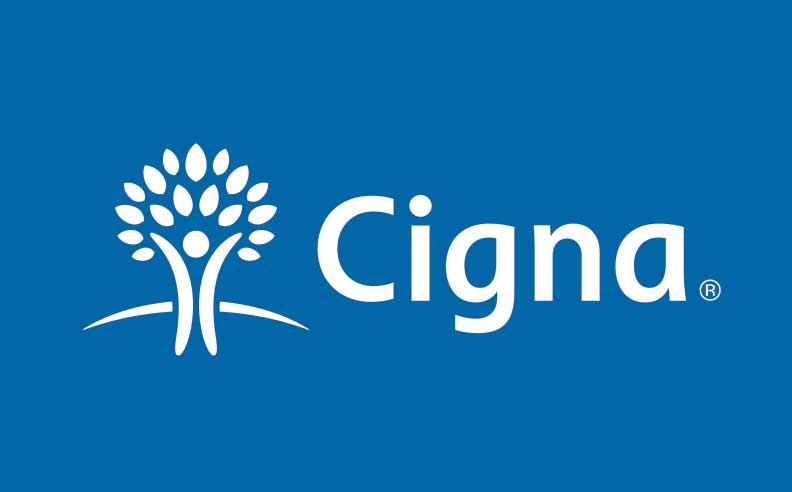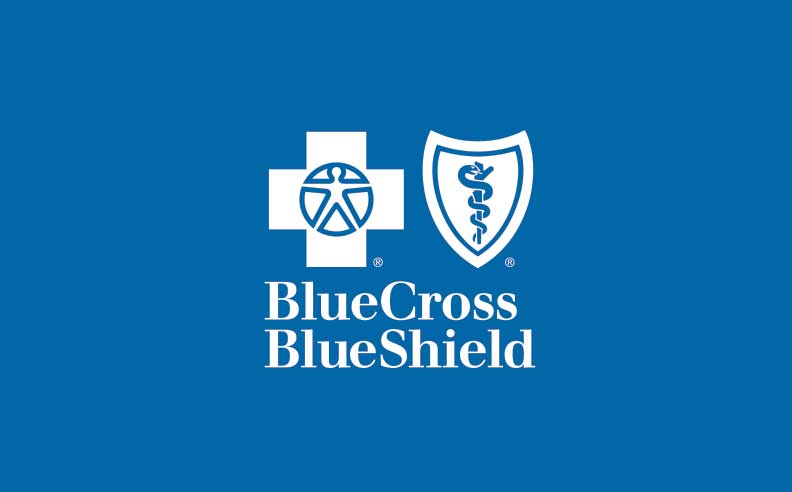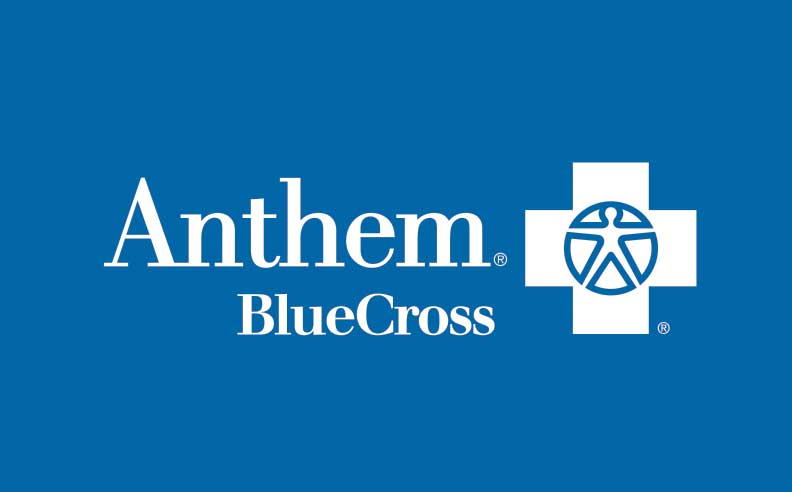What is Self-Harm?
Self-harm is the deliberate action of causing physical harm to oneself and is a very dangerous sign of emotional distress. According to the Statistical and Diagnostic Manual of Mental Disorders, Fifth Edition (DSM-5), self-harm is formally known as nonsuicidal self-injury disorder (NSSID) as these self-destructive behaviors are carried out without any intention of suicide.
Adolescents are at the highest risk for self-harm injury as many studies state that roughly 15 percent of teenagers and 17 to 35 percent of college students have inflicted self-harming behaviors on themselves. Males and females have comparable rates of self-harm behavior. Cutting, skin carving, extreme scratching, or burning oneself as well punching or hitting walls to induce pain are examples of self-injurious behavior. Other examples include ingesting toxic chemicals, extreme skin picking, hair pulling and deliberate interference with wound healing. These self-injurious behaviors are extremely troublesome for clinicians as well as parents as it can be tremendously difficult to decipher whether the individual is trying to die or inflict pain on themselves.
Warning Signs & Risks of Self-Harm
- Isolation and avoiding social situations
- Wearing baggy or loose clothes to conceal wounds
- Finding razors, scissors, lighters or knives in places where they do not belong
- Multiple cuts, burns or scars on the wrists, arms, legs, hips, or stomach
- Always making excuses for having cuts, marks or wounds on the body
- Spending long periods locked in a bedroom or bathroom
If you know someone who is demonstrating self-harm, keep in mind that they most likely have an underlying disorder or additional signs of emotional distress. It is important to listen to them without judgment, express how much you care for them as a person, and communicate that this behavior is not uncommon.
Self-Harm and Mental Health Treatment
There are many types of treatments available, including psychotherapy and social support. Psychotherapeutic approaches include cognitive behavioral therapy (CBT), and specifically dialectical behavioral therapy (DBT) to focus on controlling thoughts and impulses and to understand how individuals interact in their environments and relationships. Social support is extremely important in self-harm as it is necessary for individuals to receive comfort and love from friends and family. There is no specific medication used to treat self-harm. However, medications may be prescribed to treat the underlying psychological disorder, such as depression or anxiety.
What Are the Causes of Self-Harm
The underlying causes of self-harm can be difficult to recognize without thorough assessment and therapy. Many adolescents who engage in self-harming behavior have severe underlying emotional pain and lack adequate coping skills. It is an impulsive act to regulate mood and attempt to overcome underlying anger, sadness, pain or frustration. Individuals most as risk for self-harm experienced trauma, neglect or abuse in the past and use this self-destructive behavior to hide or express their repressed emotions.
Self-harm is strongly linked to other disorders, specifically, borderline personality disorder (BPD) and eating disorders such as anorexia and bulimia nervosa. Approximately 70 percent of individuals with borderline personality disorder and approximately 30 percent of females with eating disorders are known to participate in self-harm behaviors. Self-harm has also been linked to depression, anxiety, and suicide. However, the statistics for these co-occurring disorders have not yet been set in stone.
We’re Here For You
If you or someone you know is struggling, we’re here for you. Discovery Mood and Anxiety Program specializes in treatment for mental health, substance abuse, and dual diagnoses, by creating unique programs to help every individual find their way to recovery. For more information, resources, or to consult with one of our specialists, call 714.828.0808.




